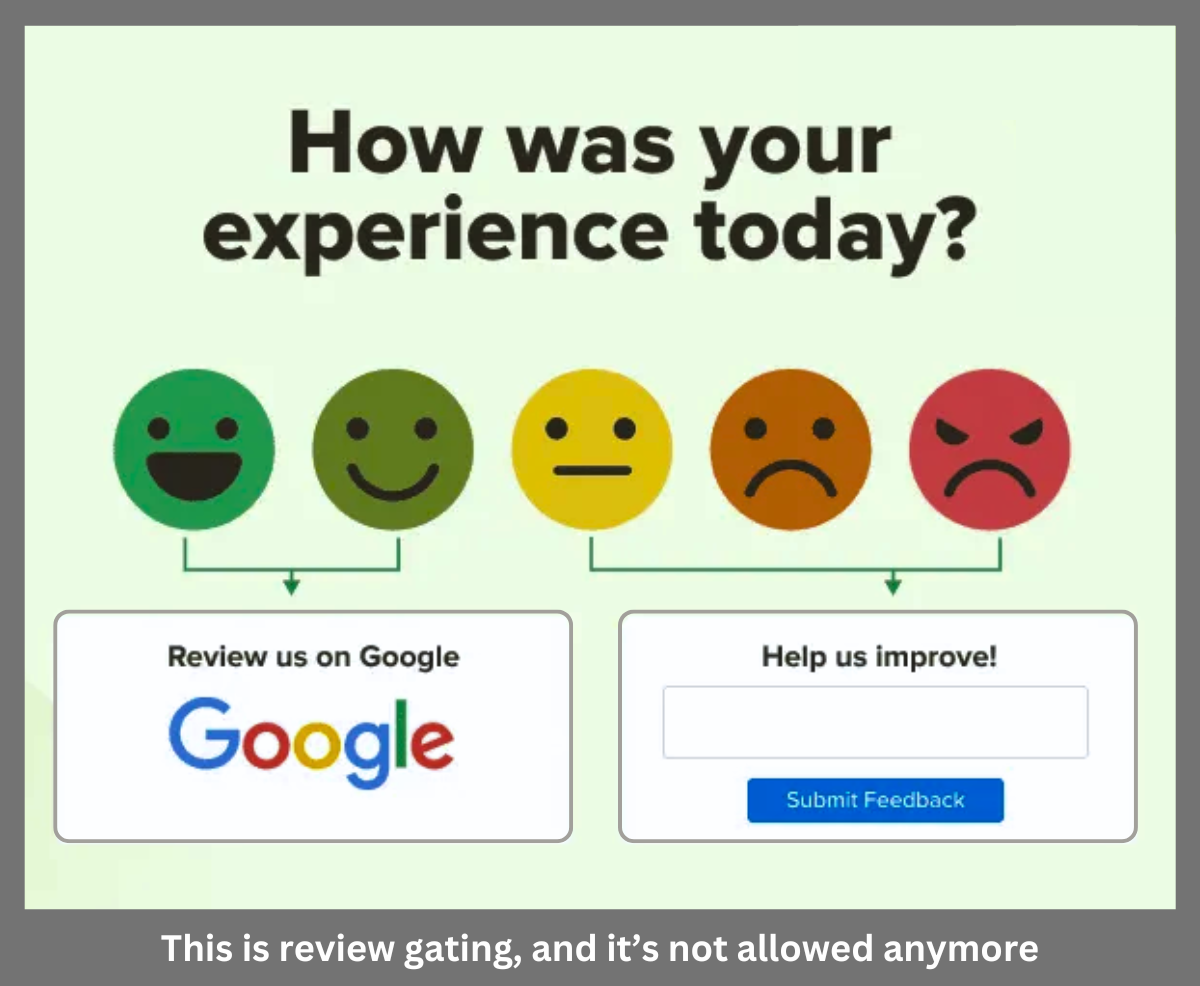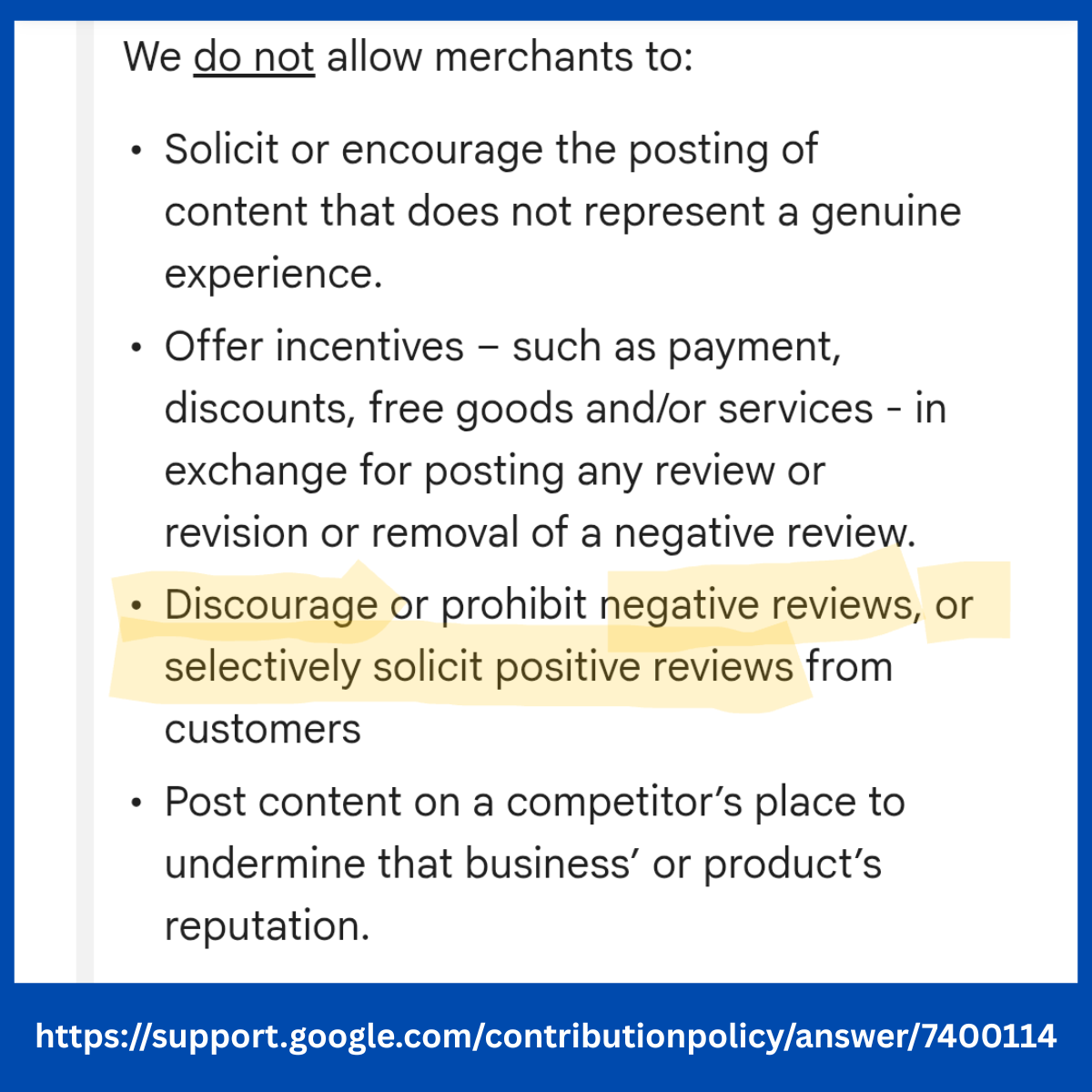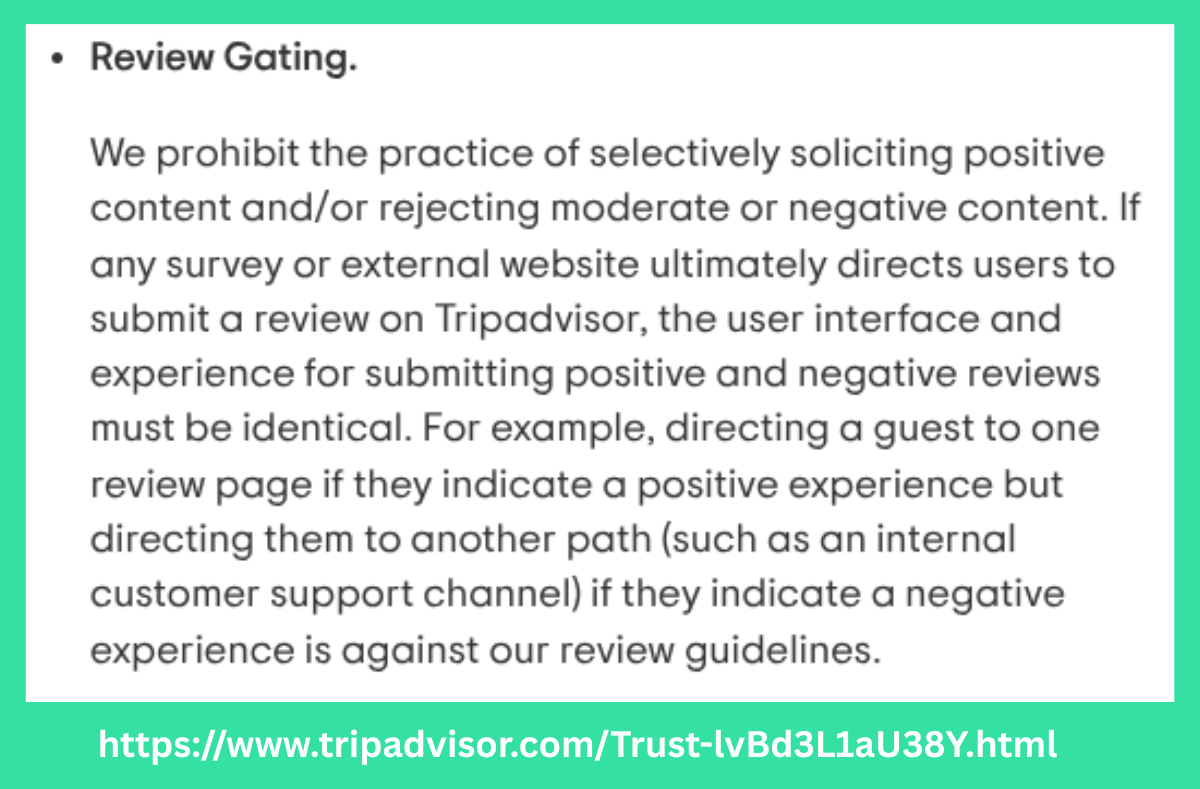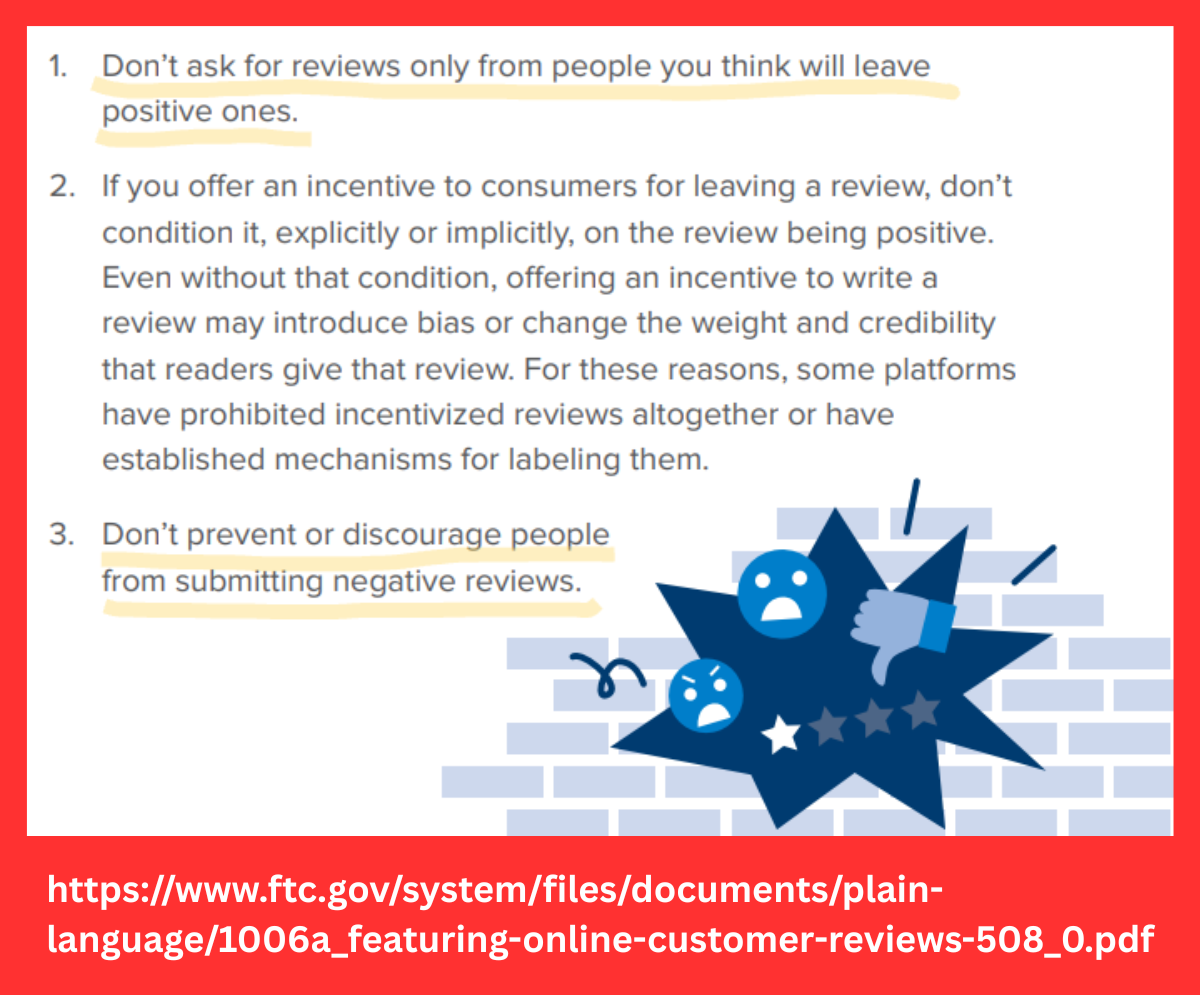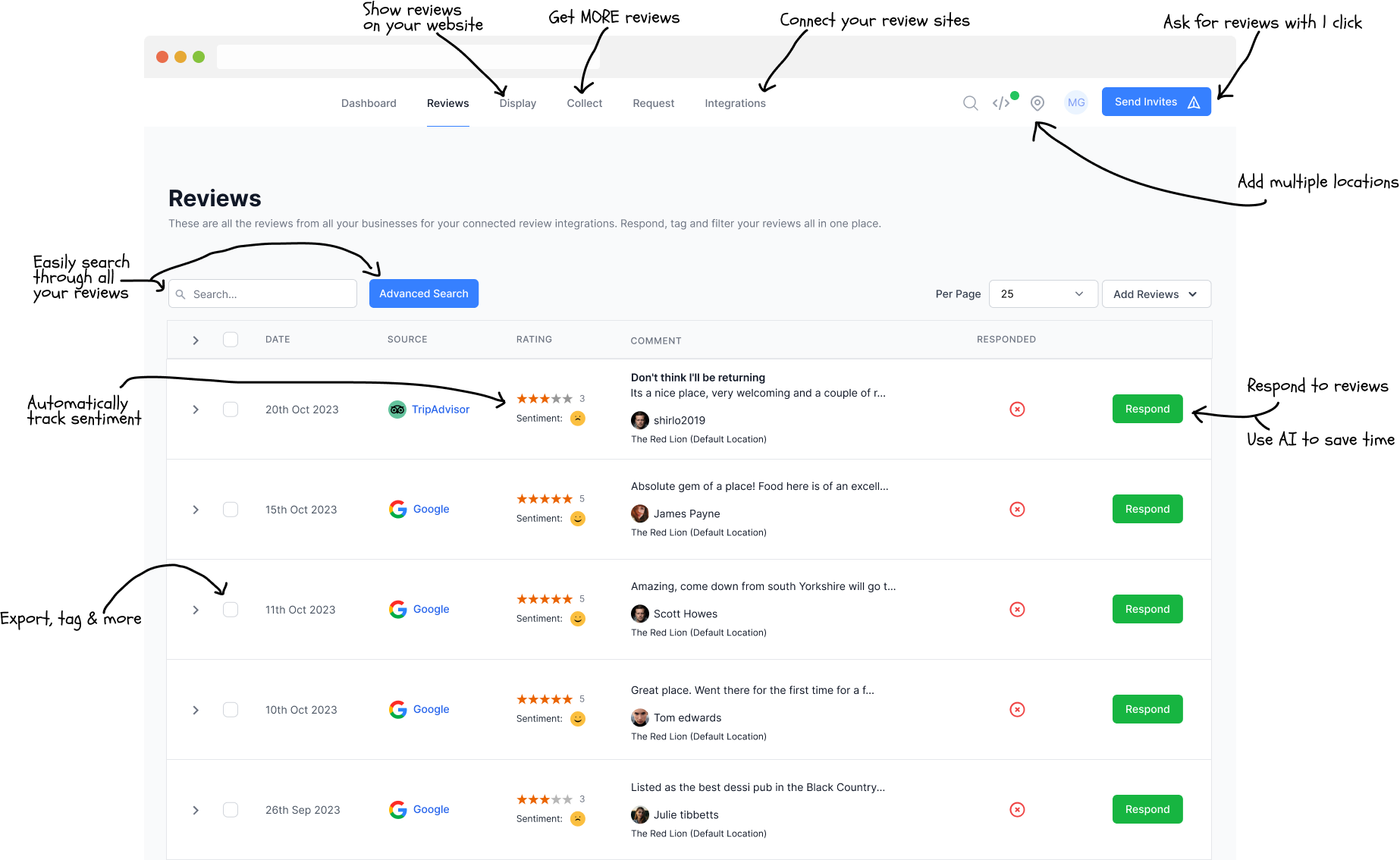At this point, it should be clear that engaging in review gating is a losing proposition: you could get penalized or banned by the review platforms that are important to you, and the FTC might penalize you. It's not an overstatement to say that this would be catastrophic for your business.
But if you avoid review gating (as you should), then you're missing out, and your reviews are going to suffer, right? Actually... no!
Recent research by GatherUp across 10k businesses found that turning off review gating had very little impact on overall rating. What's more, the data showed that review volumes grew significantly — that is to say, the sheer number of reviews received actually increased. (And Google loves the higher volume, by the way.)
To put it another way: real-world experience shows that avoiding review gating leads to more overall reviews, with negligible impact to overall rating score.
Source: https://searchengineland.com/study-killing-review-gating-doesnt-hurt-scores-and-grows-overall-volume-324310 🔗
But if you avoid review gating (as you should), then you're missing out, and your reviews are going to suffer, right? Actually... no!
Recent research by GatherUp across 10k businesses found that turning off review gating had very little impact on overall rating. What's more, the data showed that review volumes grew significantly — that is to say, the sheer number of reviews received actually increased. (And Google loves the higher volume, by the way.)
To put it another way: real-world experience shows that avoiding review gating leads to more overall reviews, with negligible impact to overall rating score.
Source: https://searchengineland.com/study-killing-review-gating-doesnt-hurt-scores-and-grows-overall-volume-324310 🔗

